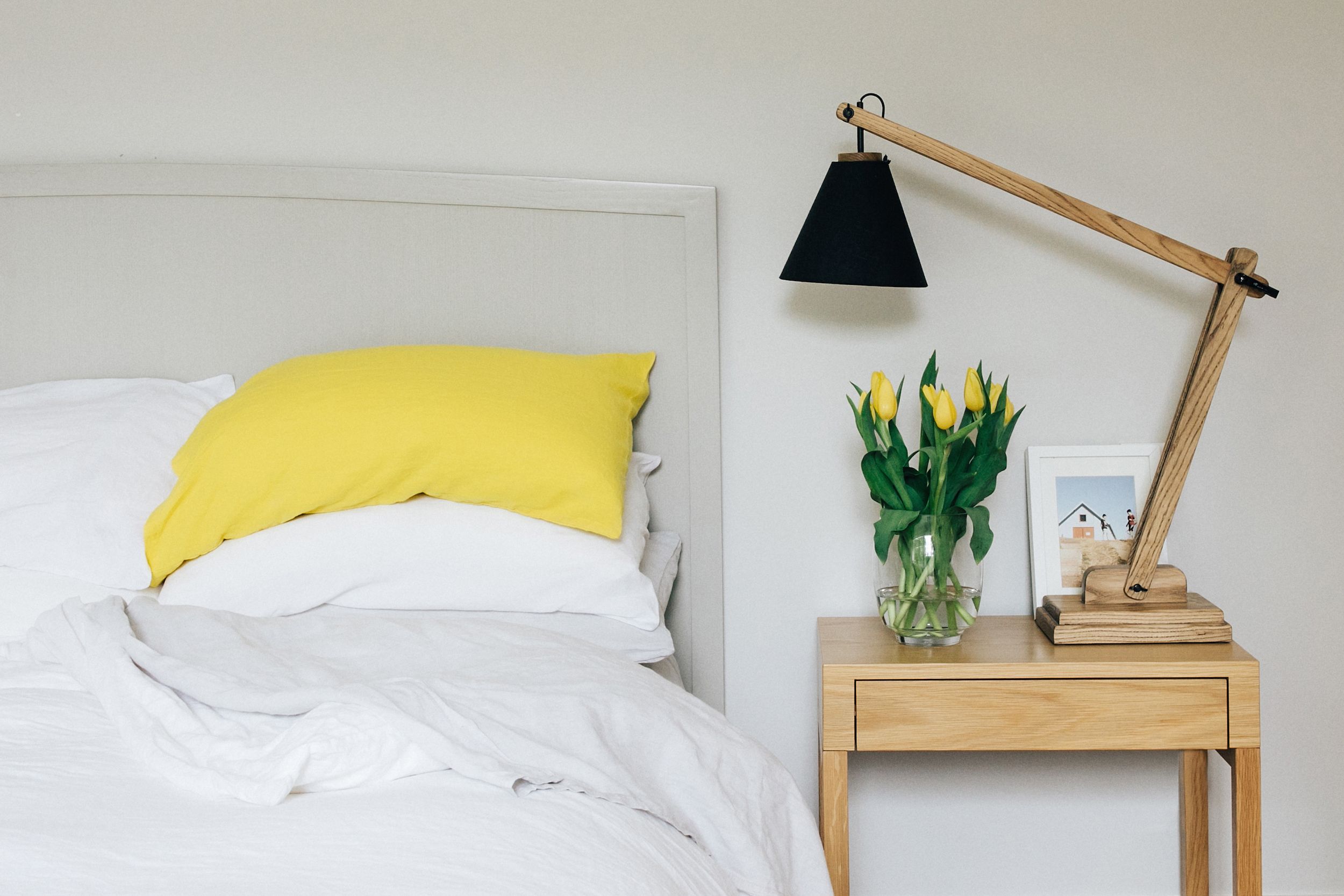Learn More
Healthy Homes News
Everything Landlords Need to Know
As New Zealand’s Healthy Homes Standards (HHS) evolve, it’s crucial for landlords to ensure compliance. These regulations aim to improve the quality of rental properties, ensuring a healthier living environment for tenants. As of 1 July 2025, all privately rented properties must meet these standards.
The 5 Key Healthy Homes Standards
1. Heating
- A fixed heating source is required in the main living area.
- The heater must be capable of maintaining a temperature of 18°C year-round.
Acceptable heating types:
- Heat pumps (must include a thermostat)
- Wood burners
- Pellet burners
- Flued gas heaters
- Geothermal heating (if it meets regulatory requirements)
Unacceptable heating types:
- Open fires
- Unflued combustion heaters (e.g., portable LPG bottle heaters)
- Electric heaters (except heat pumps) if heating capacity is over 2.4 kW, unless it is topping up an existing compliant heating source installed before 1 July 2019.
- In some cases, such as small apartments, a smaller fixed electric heater may be sufficient.
2. Insulation
- Ceiling and underfloor insulation must meet the 2008 Building Code or be at least 120mm thick.
- Landlords must ensure insulation is in good condition and not significantly degraded.
3. Ventilation
- Openable windows are required in all habitable rooms.
- Bathrooms and kitchens must have mechanical extraction fans vented to the outside.
4. Moisture Ingress & Drainage
- Efficient drainage is required for stormwater, surface water, and groundwater.
- Subfloor spaces must have a ground moisture barrier, unless installation is not reasonably practicable.
5. Draught Stopping
- All unreasonable gaps, cracks, and holes that cause draughts must be sealed.
- Unused fireplaces must be blocked off or properly sealed.
Key Compliance Deadlines for Landlords
- 1 July 2024 – Kāinga Ora and registered Community Housing Provider properties must comply.
- 1 July 2025 – All rental properties must fully comply with the Healthy Homes Standards.
Failure to comply can result in financial penalties imposed by the Tenancy Tribunal.
Smoke Alarm Compliance
- All rental properties must have working smoke alarms installed.
- Long-life photoelectric smoke alarms are required where new installations are needed.
- Tenants are responsible for replacing removable batteries, while landlords must ensure the alarms are in working order.
Ray White Taylor Rentals partners with SATS (Smoke Alarm Testing Services) to ensure all properties meet safety standards.
How We Help Landlords Stay Compliant
Step 1 – Healthy Homes Compliance Assessment
- We work with professional Healthy Homes assessors to evaluate your rental property.
- A compliance statement is required for new and renewed tenancy agreements.
Step 2 – Meeting the Healthy Homes Standards
- If a property does not meet the standards, we will provide a detailed report outlining necessary upgrades.
- Our team can connect landlords with trusted contractors for insulation, heating, ventilation, and draught-proofing improvements.
Stay Ahead with Ray White Taylor Rentals
Key Dates Summary:
- 1 July 2024 – Kāinga Ora and community housing provider rentals must comply.
- 1 July 2025 – All rental properties must meet the Healthy Homes Standards.
- Ongoing – Smoke alarms and ventilation standards must be maintained.
Need assistance ensuring your rental is compliant? Contact us today to discuss your property and book a Healthy Homes assessment.
For full updates on the Healthy Homes Standards, visit the Tenancy Services Website.
Ray White Taylor Rentals – Your Property Compliance Experts!
Contact us to talk HHS today at mary.taylor@raywhite.com
